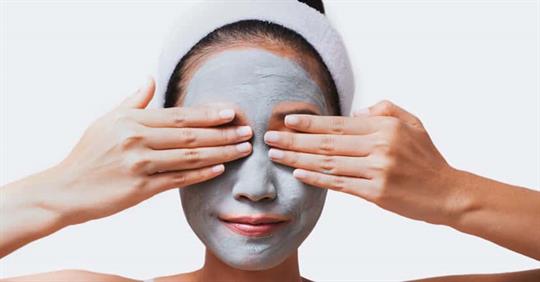
You may have seen it before…maybe you have a hard time getting your soap to actually work into a lather as you wash your hands or clean the dishes. Or maybe you’ve noticed a strange crusty white substance on your faucet. Maybe you’ve noticed a flare-up of an existing skin condition or your child has complained of itchy or dry skin. All of these point to one thing—your home has hard water.
What is hard water?
Hard water is what we call water with a high mineral content. The minerals most commonly found in hard water include magnesium, calcium, and iron.
Is hard water dangerous?
Hard water isn’t inherently dangerous for you or your family to use or drink—the worst side-effect you may notice from drinking hard water is a metallic taste. Bathing in hard water can strip your hair and skin of natural oils that help to keep moisture in your skin, but unless you have existing skin conditions such as psoriasis or eczema, this is more of a nuisance than a danger.
The biggest threat that hard water poses is actually to the health and lifespan of your plumbing, fixtures, and water heater.
What are some of the effects of hard water?
One of the most serious threats hard water poses is to your water heater. Your water heater heats the water inside the tank to the desired temperature before releasing it into the areas of your home you want to use it in. When the water is heated inside the tank, the minerals in your water are also being heated to a higher temperature—over time, this process creates scale that can build up along the walls of the tank. Scale deposits and build-up can lead to overheating and other damage to your water heater.
Contact the Mallick Plumbing & Heating team for water softening services in Gaithersburg.
